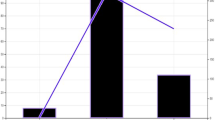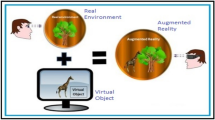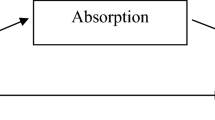Abstract:
This paper presents a novel computer entertainment system which recaptures human touch and physical interaction with the real-world environment as essential elements of the game play, whilst also maintaining the exciting fantasy features of traditional computer entertainment. Our system called ‘Touch-Space’ is an embodied (ubiquitous, tangible, and social) computing based Mixed Reality (MR) game space which regains the physical and social aspects of traditional game play. In this novel game space, the real-world environment is an essential and intrinsic game element, and the human’s physical context influences the game play. It also provides the full spectrum of game interaction experience ranging from the real physical environment (human to human and human to physical world interaction), to augmented reality, to the virtual environment. It allows tangible interactions between players and virtual objects, and collaborations between players in different levels of reality. Thus, the system re-invigorates computer entertainment systems with social human-to-human and human-to-physical touch interactions.
Similar content being viewed by others
Author information
Authors and Affiliations
Additional information
Correspondence to: Professor A. Cheok, National University of Singapore, 10 Kent Ridge Crescent, Singapore 119260. Email: adriancheok@nus.edu.sg
Rights and permissions
About this article
Cite this article
Cheok, A., Yang, X., Ying, Z. et al. Touch-Space: Mixed Reality Game Space Based on Ubiquitous, Tangible, and Social Computing . Personal Ub Comp 6, 430–442 (2002). https://doi.org/10.1007/s007790200047
Issue Date:
DOI: https://doi.org/10.1007/s007790200047




